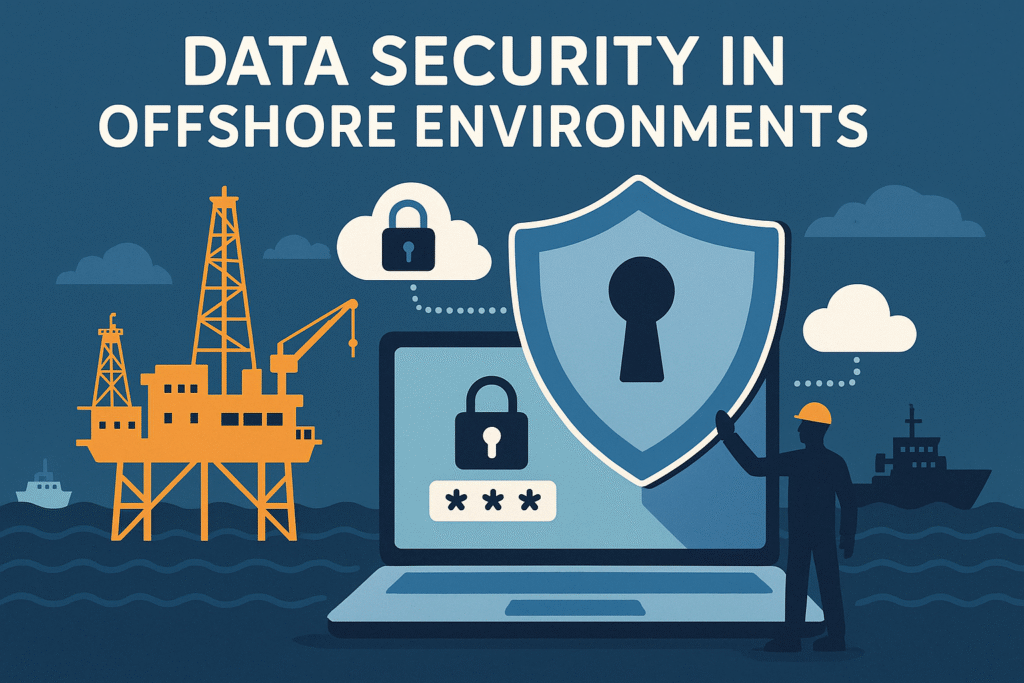When software development crosses borders, so do data risks. In offshore models, protecting sensitive data isn’t just a compliance task—it’s a trust enabler.
Why Offshore Needs a Different Security Lens
Offshore development often involves external teams accessing internal systems, source code, or customer data. This expands the threat surface and creates challenges such as:
Varying regional data protection laws (e.g., GDPR, HIPAA, DPDP)
Limited physical oversight over offshore facilities
Potential IP leakage or mishandling of sensitive assets
Without well-defined security practices, offshore partnerships risk turning into compliance liabilities.
Core Threat Areas and Risk Scenarios
Here are the most common weak points in offshore environments:
Unsecured developer endpoints
Improper access controls to production data or CI/CD pipelines
Shadow IT usage (unauthorized tools or cloud services)
Lack of audit trails for code and data access
No separation of test vs production environments
Trust without verification can lead to costly breaches or reputational damage.
Best Practices for Secure Offshore Delivery
Zero Trust Access Policies
Enforce least privilege access—only give offshore teams what they
Use role-based access controls (RBAC) tied to project-specific
Secure Development Environments
Mandate work within virtual desktops (VDI) or secure sandboxes.
Restrict external device usage and disable removable storage.
Source Code and IP Protection
Use encrypted repositories with audit logging (GitHub, GitLab).
Implement branch protection rules and monitor for unusual push activity.
Data Masking and Environment Control
Never expose real customer data to offshore QA teams.
Use synthetic data or apply redaction/masking techniques.
Vendor Risk Assessments
Audit offshore partners regularly for compliance with SOC 2, ISO 27001, etc.
Include data protection clauses and breach notification SLAs in contracts.
Conclusion
Security in offshore delivery isn’t just a checkbox—it’s a mindset. The best global engineering teams succeed when security is built into process, tools, and culture from day one. By treating offshore teams as trusted partners—but with guarded boundaries—you unlock speed without compromising safety.





